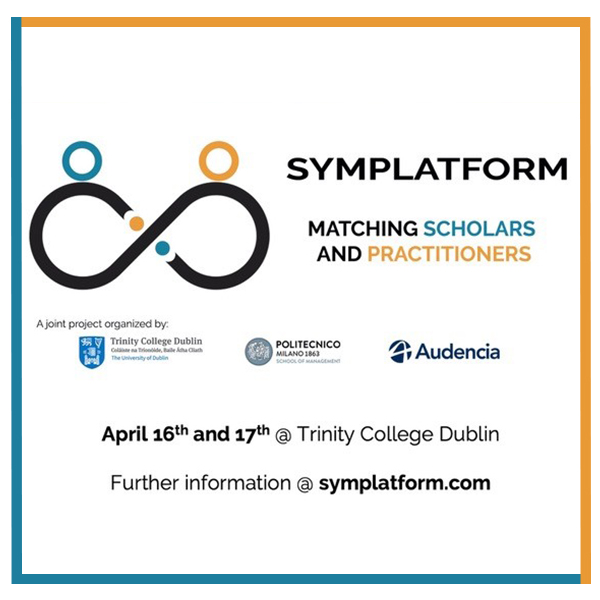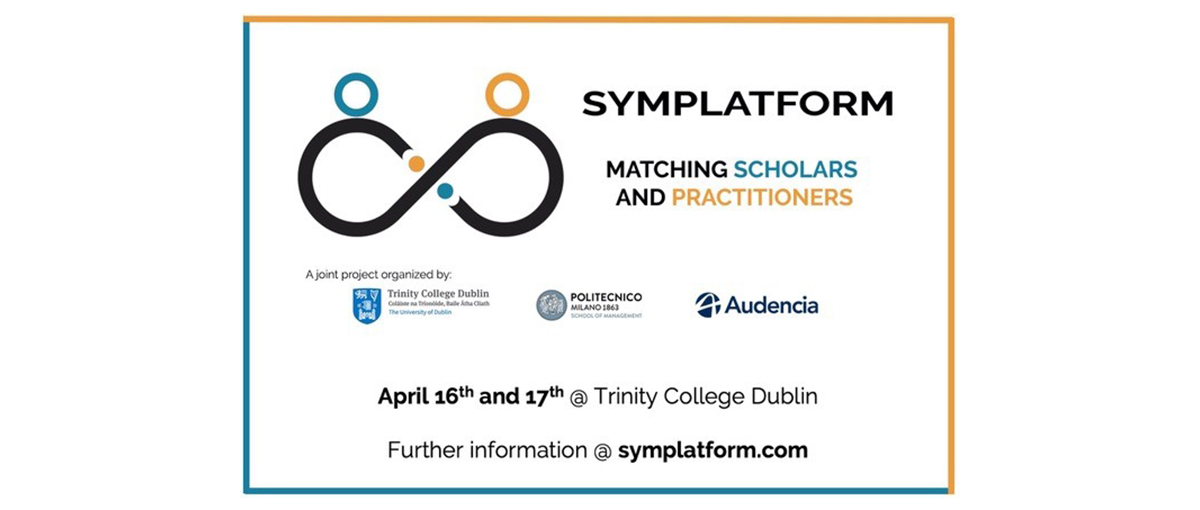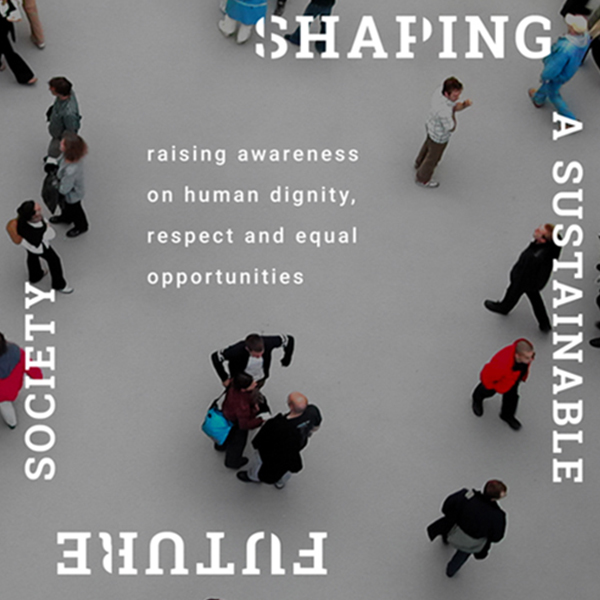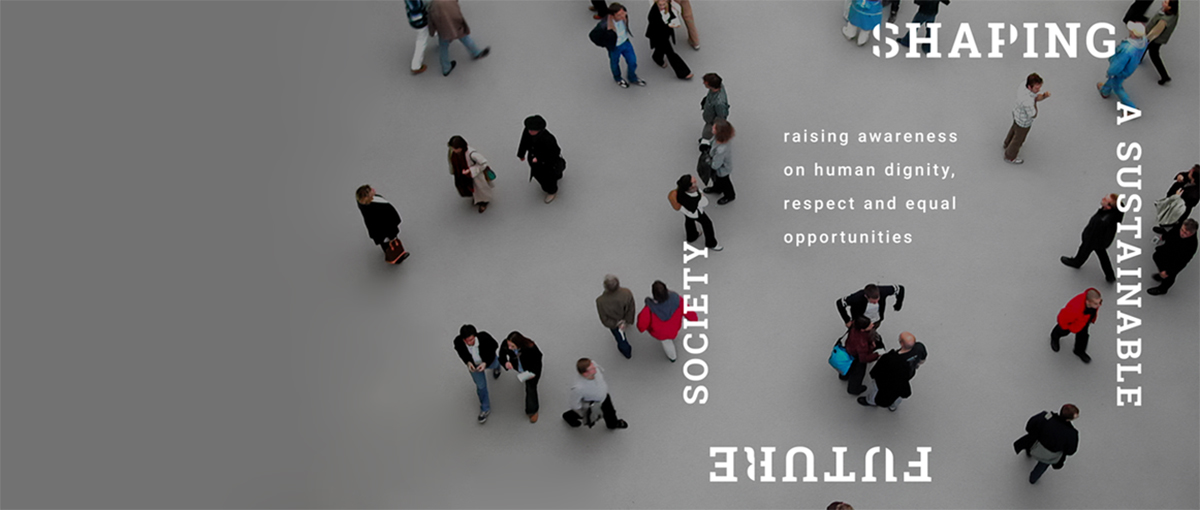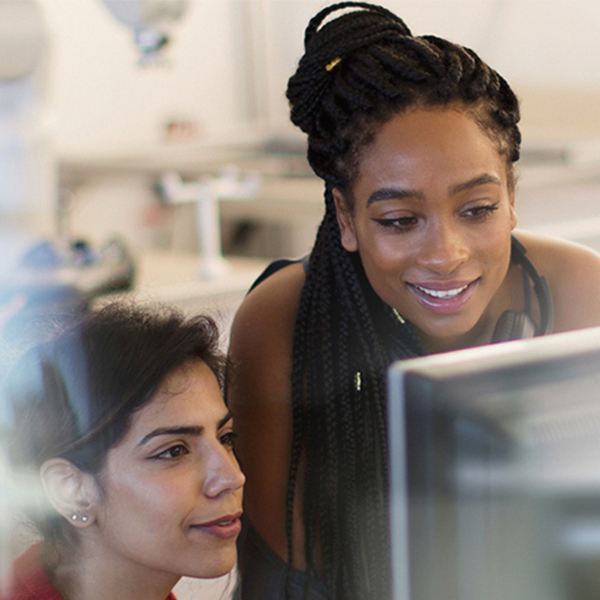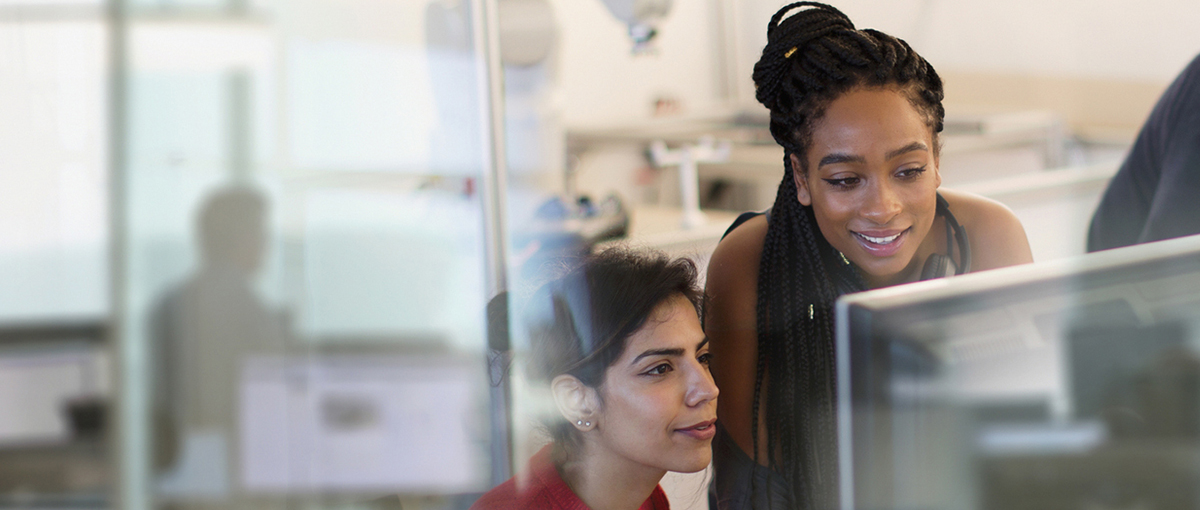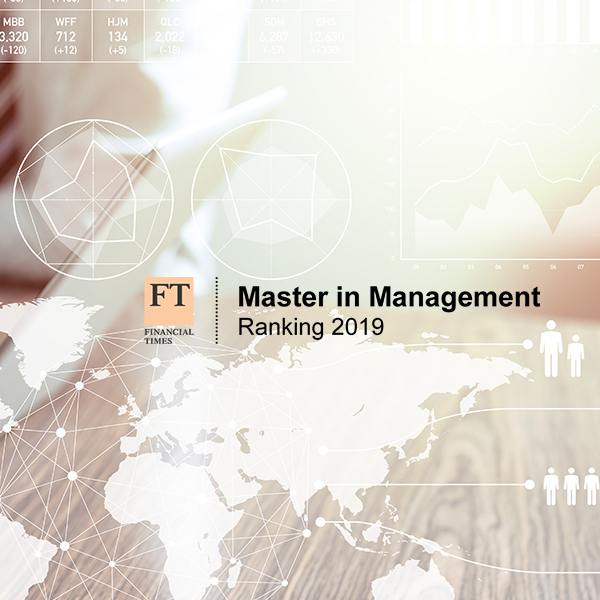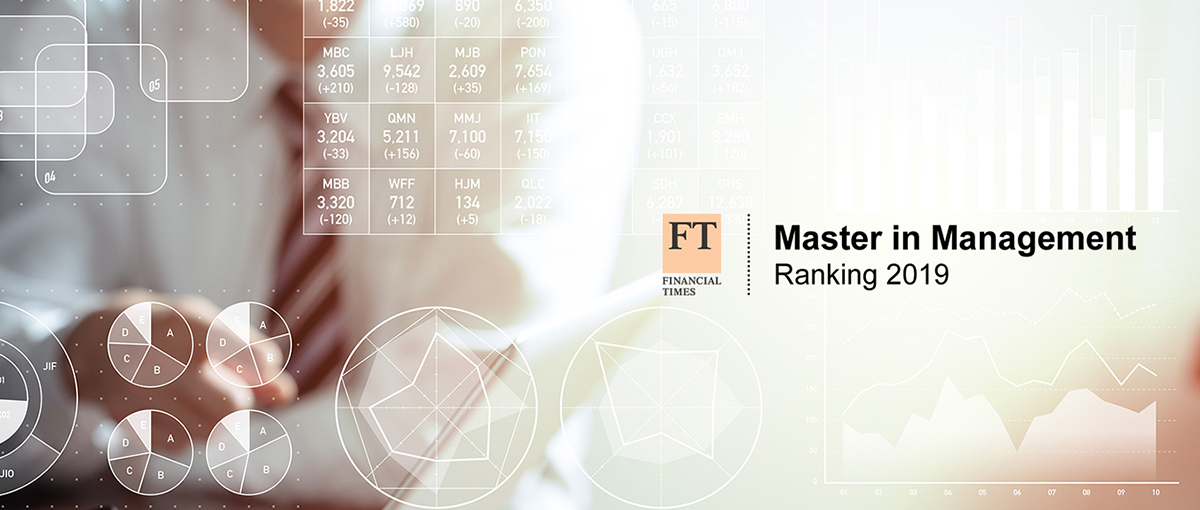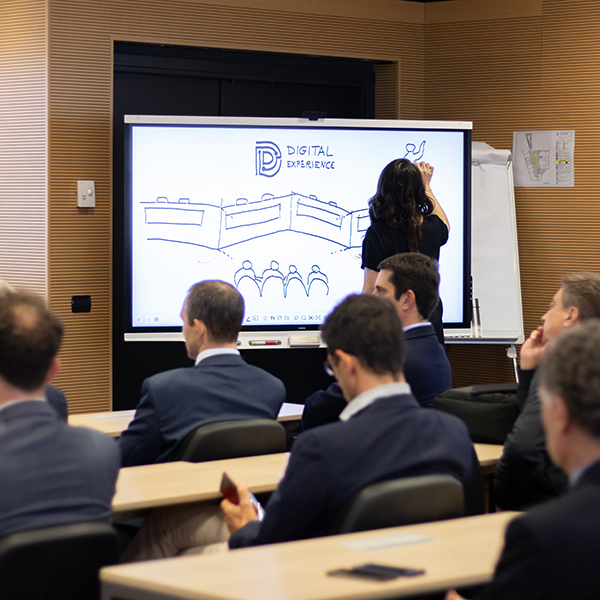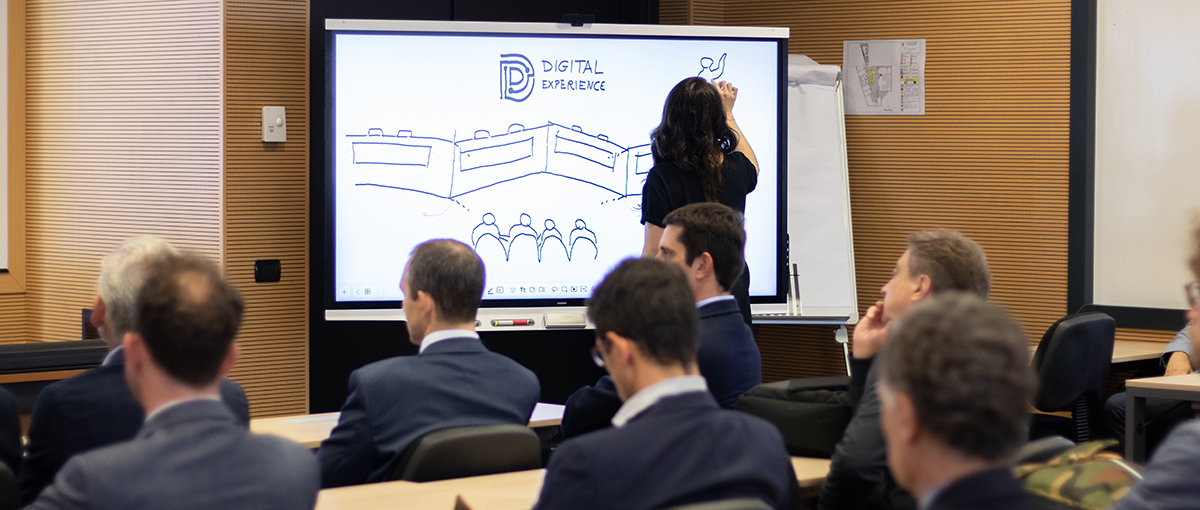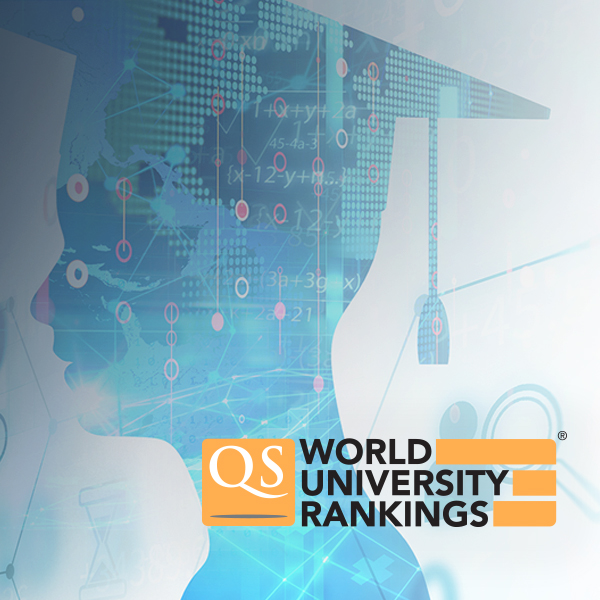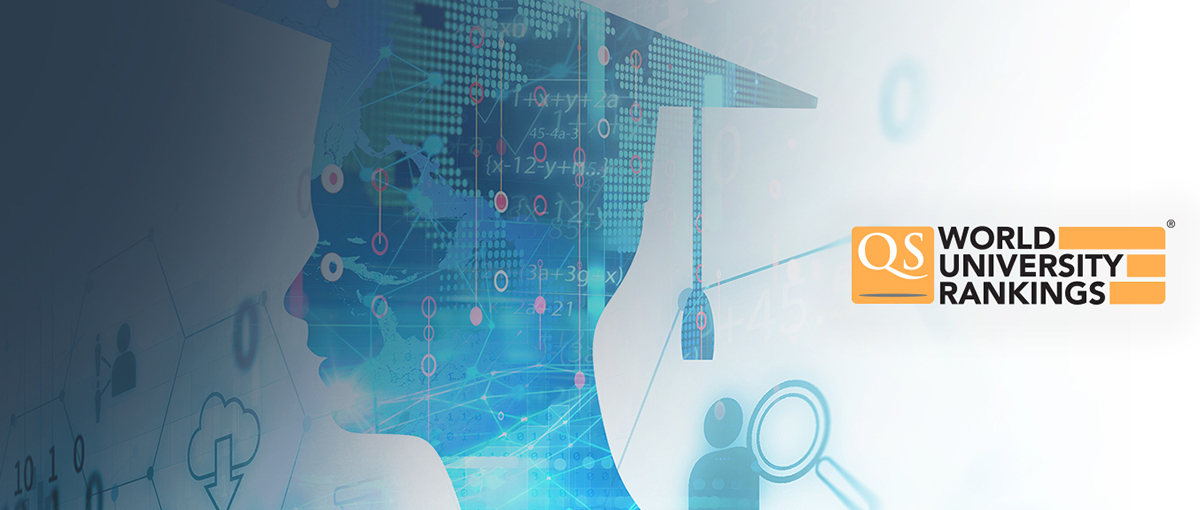On January 24th, MIP will host an MBA Recruiting Day, dedicated to the International Full Time MBA candidates and the companies belonging to the School network.
Starting from 10.00 am companies, distributed by their own sector, such as Technology & Digital | Industrial & Energy| Retail & Consumer Goods| Luxury, Fashion & Lifestyle| Consulting & Finance will open their desks to candidates.
At the end of the interview sessions, all the participating recruiters are kindy invited for a networking lunch.
The event is open only to MIP International Full Time MBA candidates, available from May 2020 for project work opportunities in companies.
MBA candidates have an international background and 3-7 years of professional experience in different sectors and functional area such as: Sales & Business Development, Strategy, Operations, Marketing&Communication, Analytics and Big Data, PM, Legal, Digital Transformation.
The event is dedicated to Employers who have the opportunity to:
- Select talented international candidates to be placed in a range of business areas and positions
- Test the ability of one or several candidates by proposing a strategic project of high impact for your company, in areas such as Digital Innovation, Business Transformation, Brand Strategy, Internationalisation, Business Development, Process Optimisation, etc.
- Network with other Top Employers
Companies will have the chance to publish internship and job openings before the event, while students will have the opportunity to present their applications.
Agenda
- 9.00 – 9.30 Company Registration
- 9.30 – 10.00 Welcome Coffee for Recruiters
- 10.00 – 13.00 Stand Opening and One to One Interviews
- 13.00 – 14.00 Networking Lunch for Recruiters
How to participate
The participation to this event – deadline December 4 – is reserved to a limited number of companies belonging to MIP network.
The participation will be confirmed until the available places are exhausted.
For further information please contact Unit Company Engagement& Partner Care (Company&PartnerCare@mip.polimi.it)
T. 02 2399 2832 – 2847 – 4898
Useful information
January 24th 2020 | h 9.00 – 13.30
Politecnico di Milano – Campus Bovisa | Edificio BL 28 Glass Room 1 Floor
Via Raffaele Lambruschini 4B, Milano 20156


